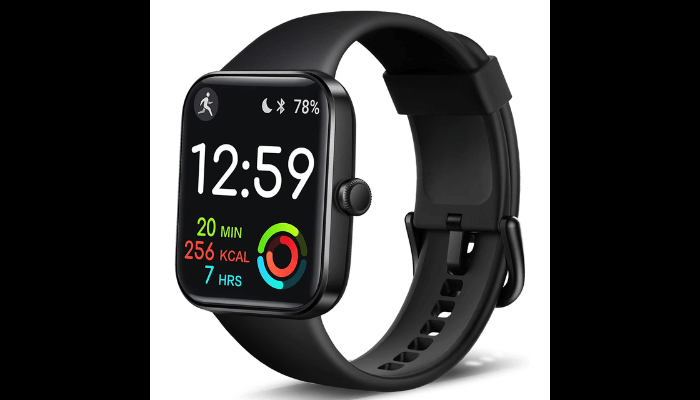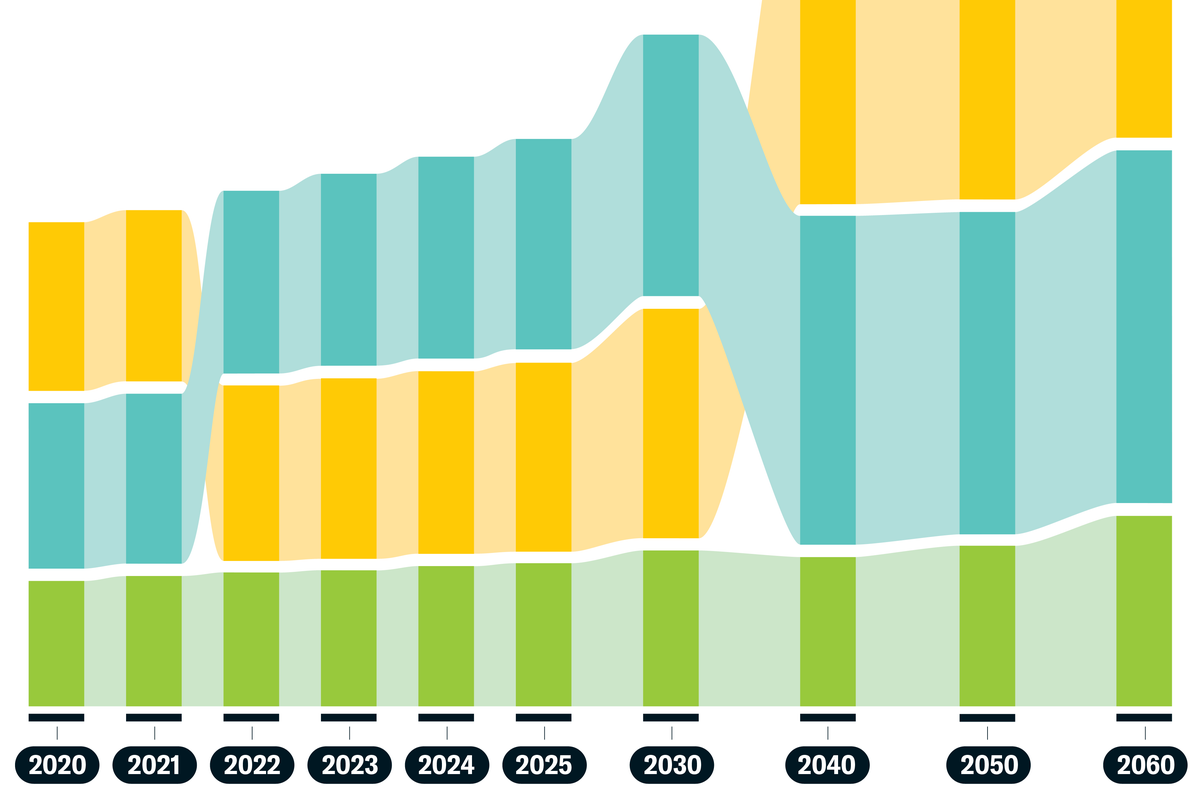By Adeyemi Adesola
Copyright businessday

Last week, I wrote about the positive aspects of smartwatches, such as how they measure our steps, monitor our health, and even serve as fashionable gadgets. However, behind that shiny screen is another story. It tells a story of data, who gathers it, where it is stored, and how it could be used in ways we never anticipated.
Every step you take, every hour you sleep, and every heartbeat your monitor is information. It doesn’t just sit on your wrist. It first goes to the manufacturer’s servers and then to third-party partners. You may think you’re tracking your health, but a network of firms could be watching you in the background. At that moment, the smartwatch is no longer only a fitness tool, but also a surveillance instrument.
The biggest question is ownership. When you wear a smartwatch, do you still own your health data, or have you given it away with a quick tap on “I Agree”? Privacy policies contain clauses that allow firms to share your data with third parties, use it for “research,” or store it indefinitely. Major smartwatch privacy concerns often include extensive data sharing, unclear explanations of how biometric data will be utilized, and a vague timeline for storage duration. Unfortunately, many Nigerians never bother to read the terms and conditions before connecting their devices. Those who read it still go ahead and purchase it, synchronize it with their mobile devices, and ignore those warning signs. Last week, I indicated that I was considering buying a smartwatch, but the more I read the policies, the more I became hesitant. It made me wonder if I was paying for the watch or with my data.
Smartwatches do more than merely measure your health; they track your daily activities. Location data can reveal where you live, the route you take to work, the time you arrive home, and even the places you visit. In Nigeria, where security is a constant concern, such information in the wrong hands may be disastrous. Consider burglars knowing when you’ll leave the house, or fraudsters targeting you based on your habits. That is no longer about wellness, but rather exposure.
Read also: Smartwatch – Who Is really tracking who? Part 1
The other hidden cost is how to turn this data into a business. Many smartwatch apps connect to advertising networks, so your fitness habits might subtly influence the types of ads you encounter online. For example, if your watch reveals that you don’t get much sleep, you may suddenly begin seeing advertising for energy drinks or related supplements. In our country, where most people already overlook the obvious conditions in the terms and conditions, such sophisticated targeting may go undiscovered. What appears to be innocent marketing is actually converting your personal health into business.
There is also a Nigerian factor to this story. Our market is flooded with low-cost smartwatches that promise all the functionality for half the price. However, many of these devices have weak or no security at all. Data is frequently transmitted without proper encryption, making users vulnerable to hacking. Someone who only wants to count steps could end up with identity theft or worse. The appeal of low cost frequently obscures the hidden cost of insecure gadgets.
Does Nigeria have a law that protects its citizens’ data? Yes, the Nigeria Data Protection Act (NDPA 2023) is currently in effect. It grants Nigerians rights similar to those granted under Europe’s General Data Protection Rights (GDPR) that provide Europeans or people living within the borders of Europe the right to be informed, to access data, to modify it, and even to demand that their data be deleted. However, laws are only as strong as their enforcement. The Nigeria Data Protection Commission is still in its early stages, with little public awareness. Many consumers are unaware that they have these rights, and many foreign smartwatch manufacturers completely ignore them. This renders Nigerian customers more vulnerable than those in the United States of America, Europe, South Africa, Brazil, and even China.
This is not to say you should throw away your smartwatch. It means you must use it wisely. Choose trusted brands with detailed privacy policies. Examine the app permissions before allowing access. Turn off location tracking when you don’t need it. Above all, be wary of low-priced devices that promise everything for a fraction of the price, as your data may be the true cost. In Conclusion, smartwatches are effective gadgets for monitoring our health and perhaps saving lives. However, while they track our health, they also feed an industry eager for personal information.
Adesola is a cybersecurity specialist with an MSc in Cyber Security. He holds SSCP and Security+ certifications. Email: [email protected]



